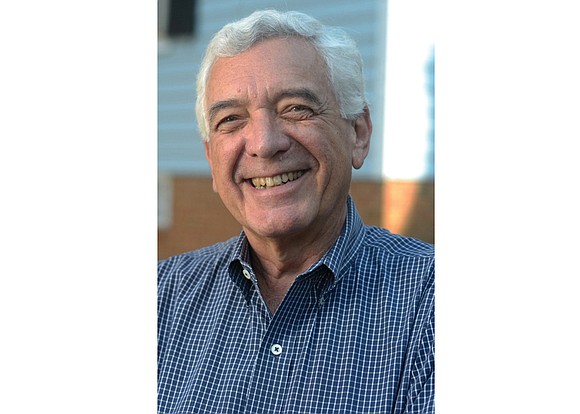VFH receives grant to more fully tell story of Va. slavery
Jeremy M. Lazarus | 6/24/2017, 1:38 p.m.
Students, scholars and others who want to know more about the African-American experience in Virginia soon may be able to take virtual reality tours of various sites in the state.
They also may be able to see three-dimensional views of artifacts related to slavery by checking out articles in the Encyclopedia of Virginia.
That’s the promise from the Virginia Foundation for the Humanities, which is planning to use modern technology to step up the information it provides about slavery and the lives of enslaved people through the digital encyclopedia.
The state-supported foundation is making the promise after receiving a $366,000 grant from the National Endowment for the Humanities to create and distribute digital information on “Slavery and the African-American Experience in Virginia” through online reference work.
The funding is timely for the state foundation. It arrived just after the General Assembly asked the foundation to do more to tell the story of African-Americans in the state and to preserve and protect historic African-American sites beginning July 1.
According to Robert C. Vaughan III, founding president of VFH, the foundation has long sought to include the African-American experience as part of its work.
Mr. Vaughan, who is retiring June 30 after 43 years at the foundation, said the grant would enable more to be done to tell the story of slavery from Colonial times to the start of the Civil War in 1861.
He said the grant means more primary documents and scholarly articles can be added to the encyclopedia.
Even better, said Matthew Gibson, the foundation’s director of digital initiatives, the grant will enable his group to work with the Virtual Curation Lab at Virginia Commonwealth University to incorporate 3D images of objects and artifacts related to slavery and African-American culture into the encyclopedia and to create 360-degree tours of sites through virtual reality technology.
Mr. Vaughan noted that the encyclopedia already has some content related to slavery, including entries on the Underground Railroad; Sally Hemings, the enslaved woman who had children by Thomas Jefferson; and the uprising for freedom led by Gabriel among enslaved people in Henrico County in 1800.
“The funding will enable us to focus on building this content area and integrating it into the history curricula of public schools through collaboration with K-12 educators,” Mr. Vaughan said.
Mr. Gibson said the grant would allow the foundation to take its encyclopedia offerings to “a new level. To say that we are excited is an understatement.”







